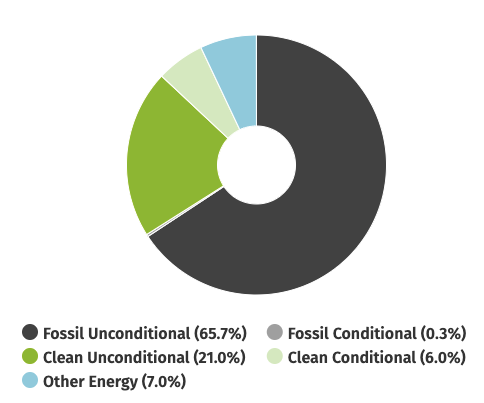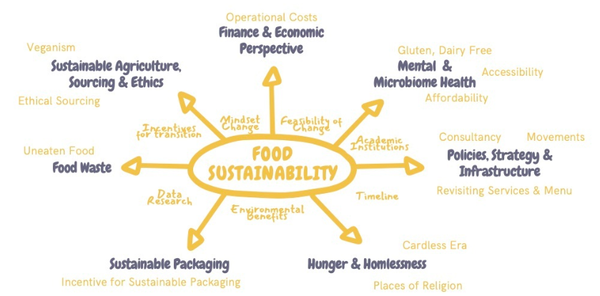Public finance funds fossil fuels
Sustainability editor Flora Dickie reveals how public money is being used to keep fossil fuel prices low
According to figures from the UK government, the carbon dioxide emissions produced from 1990 to 2018 declined by 43.5%, which it thought principally to be due to the shift away from coal as an energy source. To ensure that emissions continue to move in a downward trend, in 2008 the Climate Change Act was enshrined in UK law, committing the country to reduce all greenhouse gases emissions by 80% (relative to 1990 levels). This Act was then updated in 2019 to reduce all greenhouse gas emissions by at least 100% by 2050. These commitments may suggest that everything is on track for reducing emissions in the UK, however, in 2019 a report from the UK Climate Change Committee stated that the UK’s policy actions fell ‘well-short of those required for the net-zero target’.
The UK is at risk of not achieving its pledge of phasing out fossil fuel subsidies
One of the pledges that the UK has made, as part of the coalition of G20 countries, is to end ‘inefficient’ fossil fuel subsidies. A recent report from the Overseas Development Institute, a UK -based think tank, tracks the progress of G20 countries in phasing out government support and public money commitments to fossil fuel production and consumption to increase transparency and accountability. Along with every other G20 country, the UK is at risk of not achieving the pledge of phasing out fossil fuel subsidy commitments. Strangely, the UK government denies that it provides any fossil fuel subsidies, under its definition of the concept. Yet, between 2014 -2018 the amount of public money going to the fossil fuel industry increased. The report found that the UK and Russia provide the highest levels of direct transfers and tax exemptions (per unit of GDP) of all G20 countries. The UK was also ranked as one of the highest in showing significant support to fossil fuel use (per unit of GDP).
The global energy policy tracker found that since the beginning of the pandemic until the 11th of November, the UK government has given £30 billion to support oil and gas fossil fuel industries, which is approximately £446 per capita. Some of these funds went to projects such as the oil and gas energy sector in Scotland, or national road-building programmes, and other funds went to bailing out huge companies such as Honda, Nissan, Baker Hughes (oil industry company) and Schlumberger (oilfield services provider). The government also committed £12.16 billion to clean energy (renewables), 40,5% of the money put into oil and gas industries and £182 per capita. Looking at our COVID response on a broader scale, compared to 30 major economy other countries, the UK ranked in 2nd place (the USA in 1st!) in fossil fuel fund commitment during the pandemic.



The UK’s Climate Change Committee recommends that the government uses this moment of crisis to create a just transition and a green recovery from COVID-19 to define the fight against climate change. Green Party MP Caroline Lucas also highlights the importance of a green recovery: ‘This really is a once-in-a-generation opportunity to us on the path to a greener, fairer future. Going back to business as usual would be a one-way street to climate disaster.’ This will involve removing oil and gas subsidies away from the budget and redirecting money into protecting the most vulnerable affected by subsidy removal and into support healthcare and social support. It is vital to ensure that poor and vulnerable consumers can still access and afford energy as subsidies are reduced.
In the UK, 78% of current emissions are produced by transportation, business (commercial use), energy supply (burning fossil fuels) and residential heating. To reach net-zero by 2050 the UK government needs to put into place much more action on the pledges and policy promised and needs to stop providing support for coal exploration and transportation with a quicker shift to renewable energy sources. We will see how the government plans to manage the situation in the new carbon budget, which will supposedly be presented by June 2021.








